In-car Electronics
Infotainment system (audio, GPS, phone), rear entertainment system, backup or other camera/sensors, head-up display.
What Owners Say
""while driving, the screen went blank and the engine completely shut off""
Anonymous A., ON (2019 Mazda 3 Premium 2.5-L 4 Cyl)""Sometimes when there is a software update, phone call audio does not route through my Mazda speakers. The audio has completely stopped routing through my Mazda speakers now. I have unpaired/paired my phone with no success. I have tried through Bluetooth, but I prefer to plug the iPhone into the USB port in my car. Its possible I need to try a new cable, but if thats the case, I would expect Bluetooth to work. This has been an inconvenience since I can no longer answer the phone in my car hands-free. Obviously I cant handle the phone while Im driving. This feature is one of the big benefits of Apple CarPlay. There are also occasions when CarPlay simply will not connect. This is rare but extremely inconvenient. It doesnt make sense that it wont launch when its connected with a cable. Also, some valuable features are only available if you subscribe to the Mazda app for a fee. It was free until a few months ago. The Mazda app would send alerts if I forgot to lock the car, if I needed service, and it would send other helpful reminders. I particularly liked the notifications about locking the car. Why on earth would anyone subscribe to this app? Mazda is already collecting and presumably selling your data, not just data on the app but data gathered from connecting to your phone. Why do I have to subscribe to an app for remote start? That is just stupid. I only got the remote start to work one time. I didnt mention the Mazda app issue earlier in my survey, but it came back to me as I wrote about CarPlay since the app is downloaded through the Apple Store. I am basically giving Mazda a whole lot of data. And Im supposed to pay for a subscription? When the dealer completely failed to service my vehicle when I had a major problem that deprived me of the use of my car for a solid month? No. Just no.""
Anonymous A., GA (2019 Mazda 3 Select 2.5-L 4 Cyl)

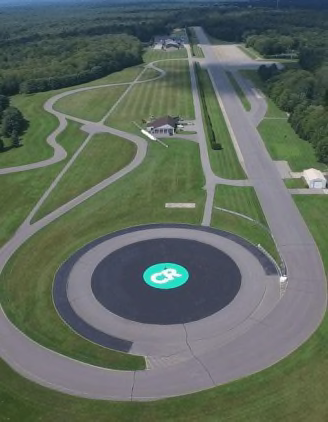



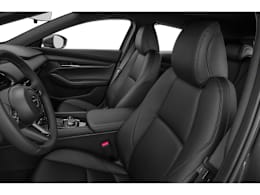
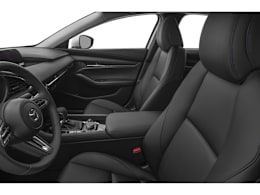
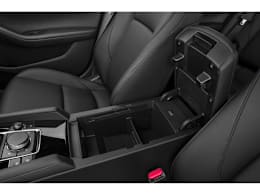
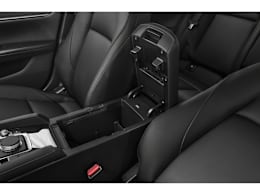
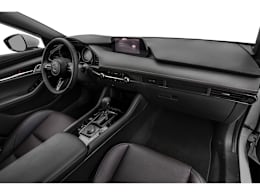

"Entire sound system ceased working"
Anonymous, VA (2019 Mazda 3 Unsure 2.5-L 4 Cyl)